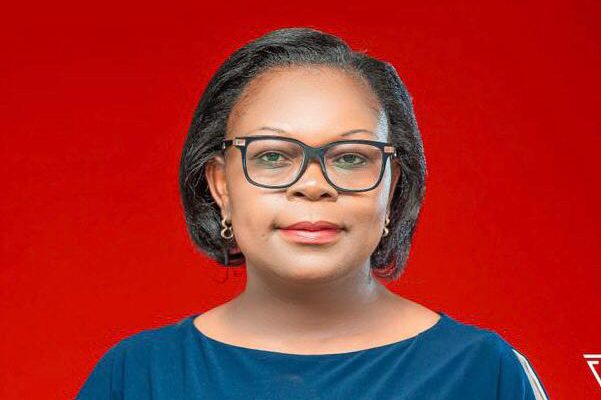
An international organization with a vision of a world where every person has access to reliable water and sanitation services, Water for People will implement the WASH Systems for Health program in 4 districts of the country, including Dowa.
The program, which will be implemented alongside partner Ministries responsible for Water in Malawi and Tanzania, IRC Leeds and the London School for Hygiene and Tropical Medicine, will see to it that communities in Chikwawa, Dowa, Kasungu and Lilongwe have access to reliable water and sanitation services.
The organization’s Director of Influence and Scale Kate Harawa, said the overall goal of the program is to support the Government to increase access and use of inclusive, reliable and resilient Water, Sanitation and Hygiene (WASH) in the targeted districts in Malawi.
Harawa said the program has a strong learning agenda focusing on integrating gender equity, wash systems change, building climate-resilient WASH services and enhancing the understanding and measurement of WASH Systems change in the districts targeted.
She said for Malawi; the program components are professionalizing rural water supply service delivery systems in Kasungu, Dowa and Chikwawa and enabling district-wide safety-managed sanitation in Chikwawa and Lilongwe Rural.
The Director said in Dowa and at the National level, there is high political will towards systems change from both the technical team and high level (political will) saying President Dr Lazarus Chakwera has already been briefed about the program, expressing hope that the program will be a success in the district.
“There is a growing understanding in the Malawi WASH sector, and we cannot achieve SDG 6 without working on the systematic challenges in WASH service delivery models which affect the sustainability of the infrastructure; we need to have proper maintenance and operational management models,” said Harawa.
She said the program priorities in Malawi include professionalizing rural water supply service delivery systems and enabling area-wide safety-managed sanitation, saying these anticipated pathways of change improved the performance of rural and small-town water supply service provision with the required checks and balances.
Harawa said the expected challenges and learning priorities of the program include stimulating political (Parliamentary) level interest in supporting financing the gap (or incentivizing the performance of service providers).
She said another challenge is about the processes, knowing that systems change takes time, and generally, government processes take longer with the given project time of 4 years; the processes may need to be expedited and be done with an unusual business mood.
The WASH Systems for Health program will be implemented in the six districts of the country supporting WASH systems strengthening implementation with a total budget of 2.5 million Great Britain Pound.














